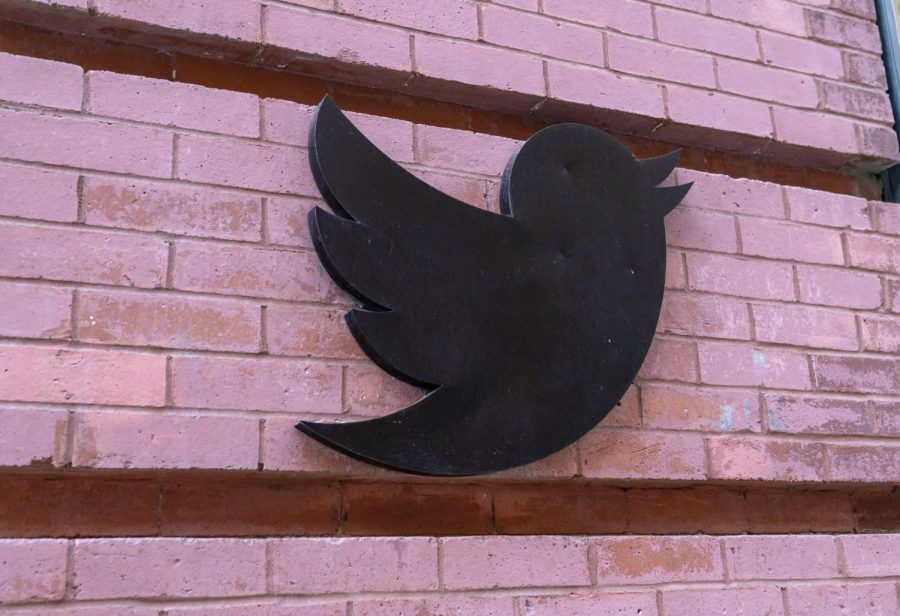Social Media Sites Perpetuate Cycle of Misinformation
October 19, 2020
Twitter, Facebook, Instagram and other social media platforms have always faced the dilemma of preventing false information from spreading all over their websites. From holocaust denial to flat-earth theories, this type of content can damage user experiences and lead users to change their opinions or subscribe to untruthful ideologies.
These problems manifest themselves in discussion groups or accounts dedicated to spreading lies and conspiracies, such as false information regarding COVID-19, voting or even dangerous conspiracies claiming that vaccines are harmful or that the holocaust did not occur.
“There are several large groups on Facebook that are based around flat earth theory and anti-vaxx discussions,” sophomore Ryan Koester said. “They often overlap into the theory that COVID-19 is a hoax and doesn’t really exist.”
Many companies are aware of these issues on their websites, as they may flag posts that contain false information. Instagram and Facebook even work with independent fact-checkers to slow the spread of misinformation.
“They’re sometimes censored and given a warning that the post is misleading,” senior Andy Byer said.
According to CNBC, Facebook has recently claimed that they are banning content that discourages people from getting vaccines, denies the holocaust, or delegitimizes election results.
While this will certainly reduce the issue, the problem has not been completely resolved. Misinformation still pervades major social media platforms; not every false post is taken down or flagged.
“I can’t really recall [false posts] being taken down, although every once in a while I may see a warning for false information,” Koester said.
This can be detrimental user experiences on these platforms, for these posts can take the place of other, more important posts.
“It definitely makes me not want to have them on my feed anymore” senior Gabbi Trauernicht said. “And then I go and read the comments and it blows my mind [that] people actually believe that stuff.”
Even worse, misinformation can influence people to change their opinion on something or adopt a new, potentially harmful ideology. If a post that is untrue appears to provide information on an important topic, then people might unknowingly change their perspectives off false information.
“I know a lot of people read news from social media and assume that it’s 100% reliable without doing their research,” senior Alicia Diaz said.
Social media companies can do more to limit the affects of erroneous posts on their platforms, and they have plenty of options to go about doing so.
“Twitter [could] probably filter the tweets that they allow to be promoted by people instead of letting anybody and everybody pay to promote their tweets,” Diaz said.
Social media can massively influence people, and if false posts continue to circulate on major platforms, misinformation will continue to detract from user experiences and impact people’s perspectives.
“[People] will be very easy to sway in any direction,” Koester said. “We want them to be influenced with facts only.”












